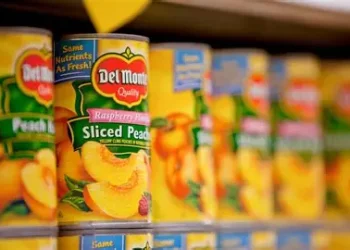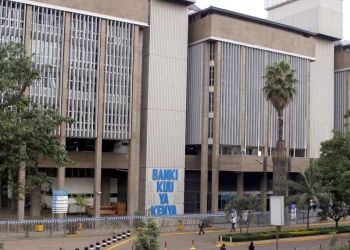The International Finance Corporation (IFC) is set to invest KES 31.96 billion in an agribusiness venture led by the Italian company Eni Kenya. This financial infusion, in the form of a senior loan, aims to support Eni Kenya’s capital needs for establishing and operating agri-processing plants within the country.
Eni Kenya’s agribusiness initiative is expected to have a total cost of KES 32.4 billion, with the World Bank’s private sector lending arm committing to facilitate an additional KES 11.4 billion from other financial institutions.
At the core of Eni’s project in Kenya is the implementation of a biofuel endeavor. This initiative involves the contractual engagement of third-party farmers and aggregators, supplying oil seeds (feedstock) to Eni-owned agri-processing plants in Makueni and Kwale counties. Eni Kenya plans to construct its third agri-processing plant in Nakuru county, with a fourth location yet to be determined.
According to Eni Kenya’s strategy, the harvested seeds will undergo processing to generate vegetable oils for export to Eni bio-refineries in Italy. These oils will be further refined into various bio-energy products, specifically biofuels.
RELATEDPOSTS
Eni Kenya aims to establish and oversee supply chains for the agri-hubs, covering 200,000.0 hectares of oilseeds production. Through contracted aggregators, the company plans to engage over 200,000 smallholder farmers.
“We aim to supply 700,000 tonnes of vegetable oil to our biorefineries by 2026, thanks to the vertical integration of the Agri-feedstock and waste & residue chain, which will enable us to secure vegetable oil volumes in a challenging environment in terms of prices, growing energy demand, and availability of sustainable oils,” explains Luigi Ciarrocchi, Forestry and Agri-Feedstock Director at Eni.
The IFC emphasized that the biofuels produced by Eni Kenya will be certified as advanced biofuels, bearing the International Sustainability and Carbon Certification. These biofuels are considered environmentally friendly, produced from “low indirect land-use change” feedstocks, such as castor and croton, cultivated on degraded lands unsuitable for food production or in rotation/intercropping with food crops, thereby avoiding competition with food production.
Eni Kenya achieved a significant milestone in October 2022 by announcing the shipment of its inaugural batch of vegetable oil for biorefining. The cargo was exported to Eni’s Gela bio-refinery in Sicily, marking the commencement of Kenya’s effort to produce aviation fuel and hydrogenated vegetable oil diesel. Eni Kenya aims to produce 2,500.0 tonnes of biofuel by the end of 2022 and an ambitious 20,000.0 tonnes by the end of the following year.
This move toward biofuel production aligns with the global shift toward cleaner fuels to mitigate carbon emissions that have been detrimental to the environment. Biofuels, composed of biodegradable materials like vegetable oils, are blended with traditional fuels such as diesel to reduce pollution levels.
In addition to its biofuel efforts, Eni Kenya plans to contribute to environmental conservation by exporting used cooking oil from various establishments, including hotel chains, restaurants, and bars in Nairobi, through recycling initiatives.
















